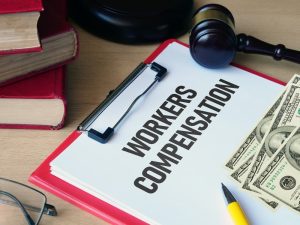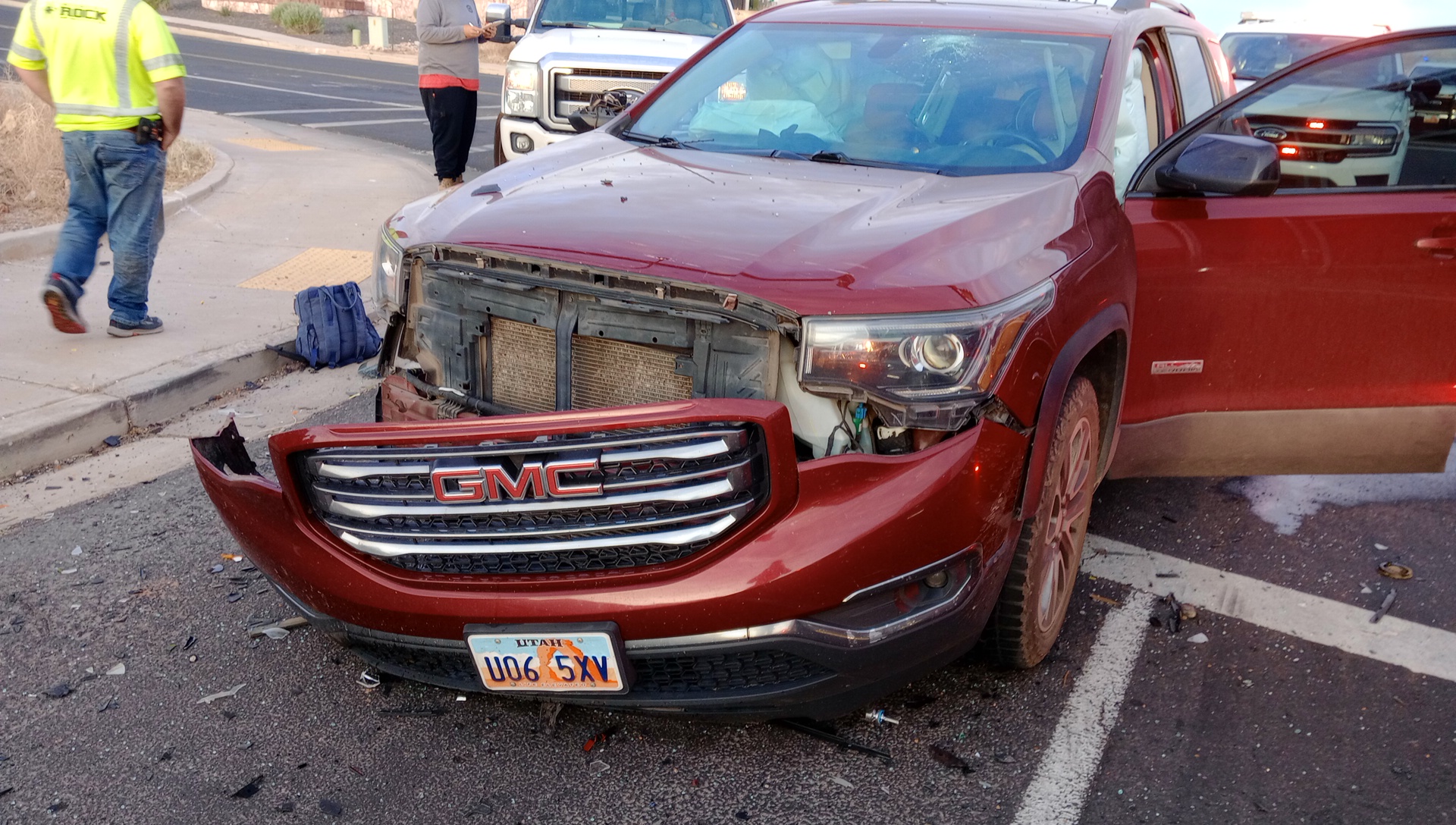Workplace injuries are some of the top causes of life-altering injuries in America. Fortunately, workers’ compensation insurance can provide financial and medical support to those injured on the job. Still, not every work injury is covered, so understanding whether your specific injury qualifies is key. It is advisable to seek the help of a legal professional to help you take the right steps toward recovery and financial stability. A workers’ compensation attorney in Utah can evaluate your work injury and determine if your injury is covered and how to seek compensation.
How Does Workers’ Comp Work in Utah?
 Utah’s workers’ compensation system operates under a no-fault framework. This means you don’t need to prove your employer was negligent to receive benefits. However, coverage depends on specific criteria, such as whether the injury occurred during work-related activities and if you’re classified as an eligible employee.
Utah’s workers’ compensation system operates under a no-fault framework. This means you don’t need to prove your employer was negligent to receive benefits. However, coverage depends on specific criteria, such as whether the injury occurred during work-related activities and if you’re classified as an eligible employee.
Most employers in Utah are required to carry workers’ compensation insurance, which covers injuries ranging from sudden accidents to conditions that develop over time. For example, a construction worker who sprained their ankle on a job site may qualify for benefits.
There are, however, some exceptions to consider. You are required to report your injuries to your employer within 180 days to avoid complications with your claim. Additionally, the injury must be verified by a medical professional, and you may need to see a doctor approved by your employer’s insurance provider.
Also, independent contractors, volunteers, or domestic workers may not be covered under standard workers’ compensation policies, so it’s advisable to confirm your employment status. By understanding how the workers’ compensation system works, you can handle the process effectively.
What Does Workers’ Compensation Not Cover in Utah?
While Utah’s workers’ compensation system is meant to support injured workers, not every situation or injury is covered. It is recommended to seek legal help to know what’s excluded, help you avoid surprises, and plan accordingly. Below are some common scenarios where workers’ compensation may not apply:
- Injuries from non-work activities: If you’re injured during a lunch break or while commuting, these incidents aren’t covered unless they occur on company property or during a work-related errand.
- Self-inflicted injuries: Injuries caused intentionally or through reckless behavior, such as violating safety protocols, may be denied.
- Intoxication or drug use: If you were working under the influence of drugs at the time of the injury, your claim can be rejected.
- Pre-existing conditions: Unless your job directly aggravates a pre-existing condition, such injuries may not qualify for coverage.
- Independent contractors: As mentioned earlier, those not classified as employees may fall outside the scope of workers’ compensation.
- Violations of company policy: If the injury occurred while the employee was violating a clear workplace policy or engaging in reckless behavior, benefits may be denied.
These exclusions highlight the importance of having clarity when managing a workers’ compensation claim in Utah. If your injury falls into a gray area, such as a worsened pre-existing condition, you may need to provide strong evidence linking your job to the injury. You may need to consult with a professional to help you understand whether your situation qualifies and how to address potential denials.
What Benefits Am I Eligible for in Utah?
If your work injury is covered, Utah’s workers’ compensation system can provide several benefits to help you recover and maintain financial stability. These benefits are designed to address the impact of your injury on your life. Here’s what you may be eligible for:
- Medical benefits: Covers doctor visits, surgeries, medications, physical therapy, and other necessary treatments related to your injury.
- Temporary disability benefits: If you’re unable to work while recovering, you may receive payments, mostly two-thirds of your average weekly income.
- Permanent disability benefits: For injuries that cause lasting impairment, you may secure benefits based on the severity of your disability.
- Vocational rehabilitation: If you can’t return to your previous job, you may qualify for training or assistance to transition to a new role.
- Death benefits: If an employee passes away due to an injury while at work, their dependents may receive financial support.
These benefits are designed to support you while you recover and to help you return to the workforce when possible. However, securing them often requires proper documentation and timely filing. Delays or errors in your claim can reduce or delay what you’re entitled to. That is why you need to work with an advocate who is familiar with Utah’s system to ensure you receive all the benefits available to you.
How Can a Workers’ Comp Lawyer Help Me?
 Initiating a workers’ compensation claim may sound straightforward, but the reality can be much more complicated. Insurance companies and employers may dispute claims, delay payments, or offer settlements that do not reflect the true value of your injuries. A workers’ compensation attorney can help in several ways, including:
Initiating a workers’ compensation claim may sound straightforward, but the reality can be much more complicated. Insurance companies and employers may dispute claims, delay payments, or offer settlements that do not reflect the true value of your injuries. A workers’ compensation attorney can help in several ways, including:
- Explaining your rights: A lawyer can clarify whether your injury qualifies and what benefits you’re entitled to under Utah law.
- Handling paperwork: Claims involve complex forms and deadlines, which a lawyer can manage to prevent errors or delays.
- Appealing denials: If your claim is rejected, your lawyer can file an appeal with the Adjudication Division of the Utah Labor Commission. They will then gather more compelling evidence to strengthen your appeal.
- Negotiating settlements: For permanent injuries, a lawyer can help secure benefits that reflect your long-term needs.
- Representing you in hearings: If disputes arise, a lawyer can advocate for you before an administrative judge.
Importantly, workers’ compensation may not always account for all your losses. If someone outside your employer contributed to the incident, you may be able to pursue a third-party claim against individuals or companies.
For example, if the truck’s manufacturer sold a defective part, leading to your crash, you can file a third-party claim against them. These claims can recover additional damages which workers’ compensation doesn’t cover. Your lawyer can help you explore more ways of securing additional compensation.
Contact Your Workers’ Compensation Lawyer in Utah Today
The best way to understand if your work injury is covered is to work with a Utah workers’ compensation lawyer. Your lawyer will look into the details of your work injury to determine its eligibility. They can advise you based on the details of your case, either to pursue workers’ compensation or explore additional recovery through a personal injury lawsuit. If you’ve suffered an injury at work, don’t wait to seek the help you deserve. Contact your attorney now to schedule a consultation.




